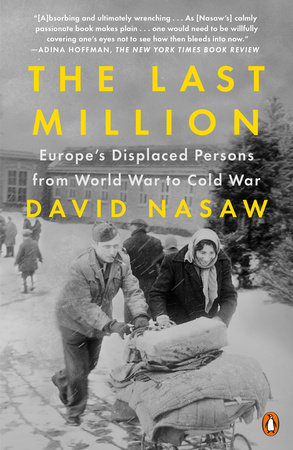Nazis on the Run: How Hitler's Henchmen Fled Justice
Steinacher, Gerald
Examines how Nazi war criminals escaped from justice at the end of World War II. Specifically, it examines the role played by the Red Cross, the Vatican, and the Secret Services of the major powers in these escapes.
Learn More
.svg)


.svg)

.svg)

.svg)

.svg)

.svg)

.svg)